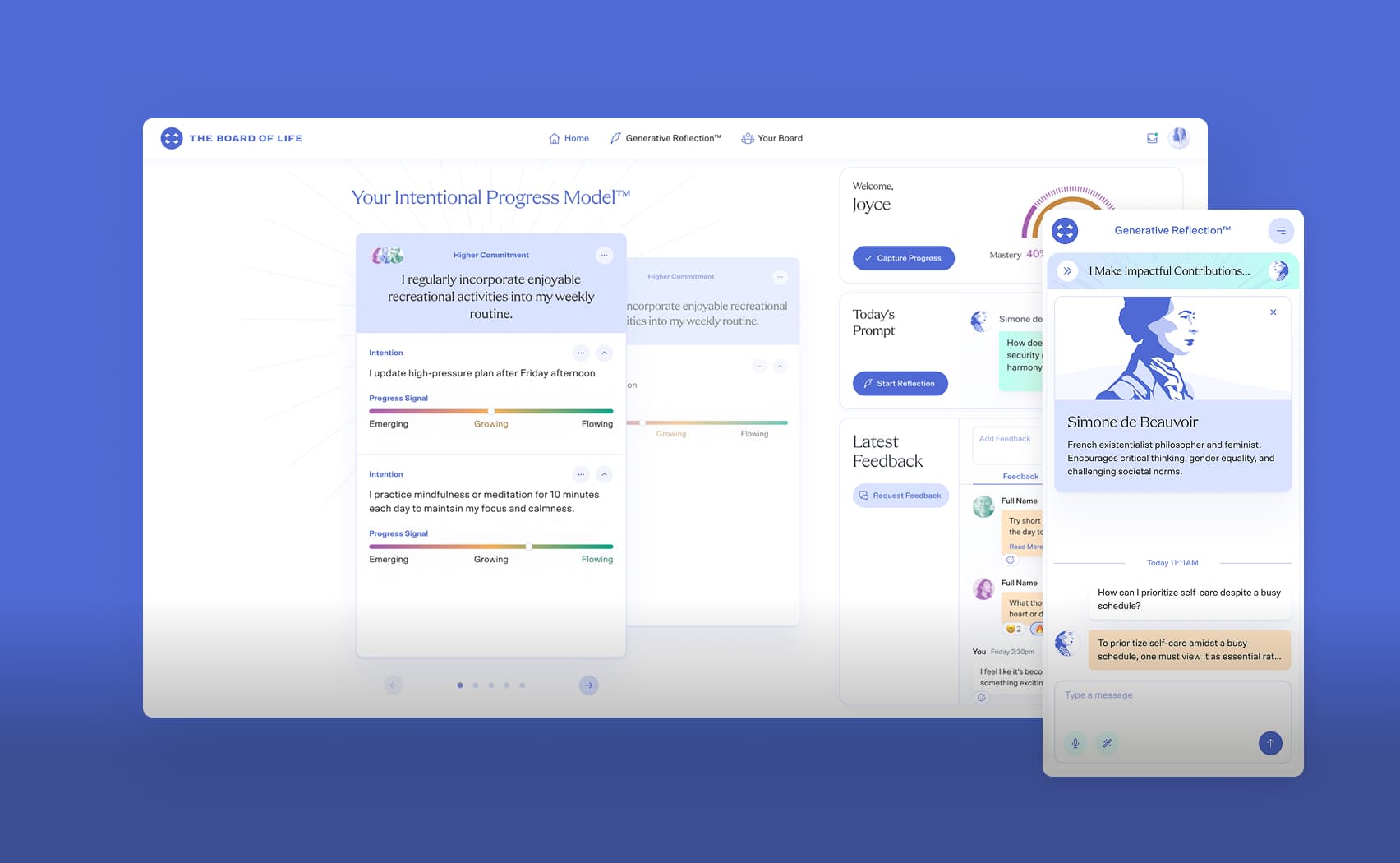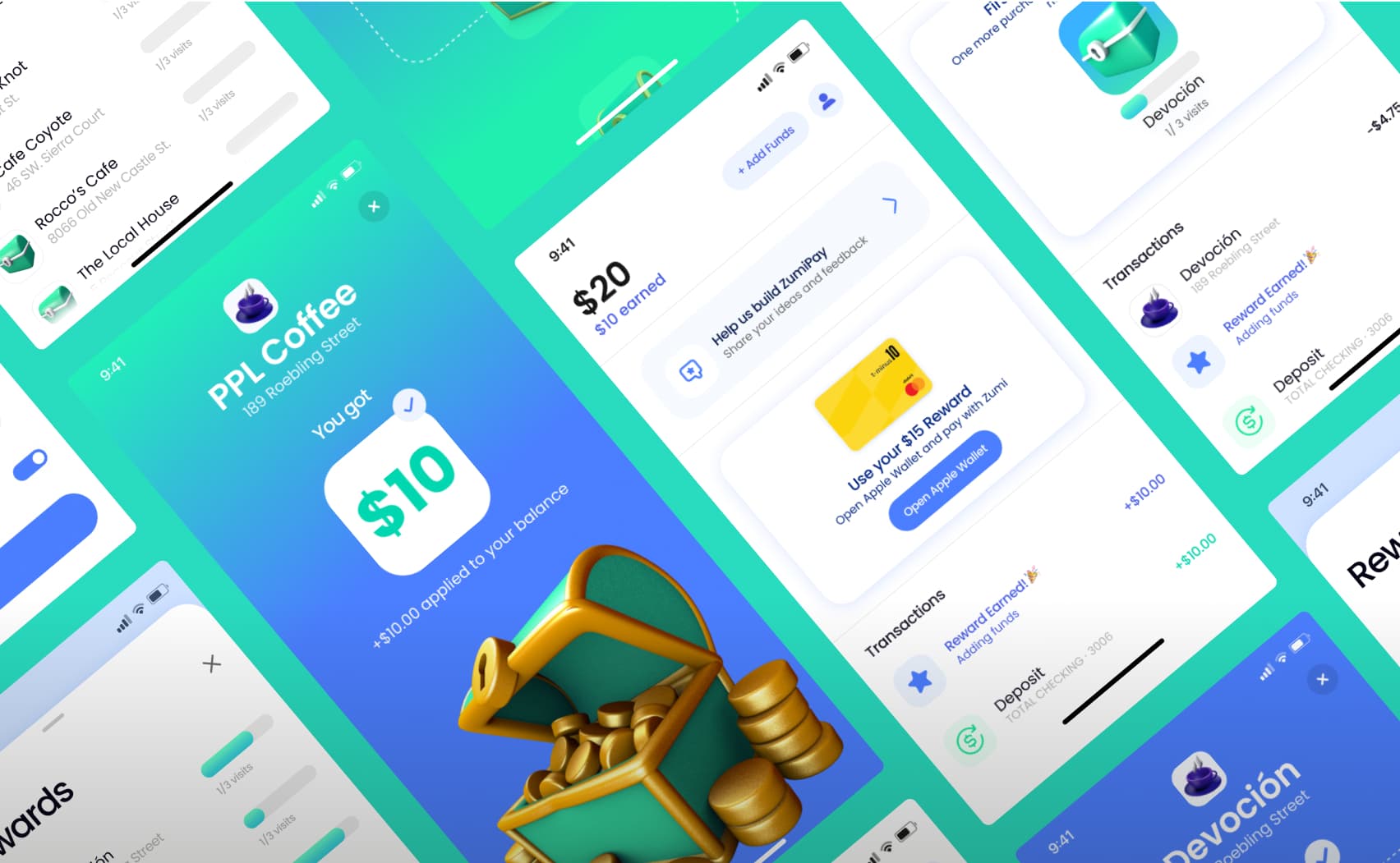From Idea to App: The Journey of a Non-Technical Founder
In the ever-evolving world of entrepreneurship, the spotlight often gravitates towards tech-savvy individuals who effortlessly navigate the intricate realm of coding and software development. Yet, amidst this narrative, exists a captivating and often unsung hero: the non-technical founder. These trailblazing leaders, though often not fluent in the language of code, have showcased time and again that passion and a clear vision can overcome the challenges of technical expertise.
At JetRockets, we have had the privilege of witnessing the extraordinary journeys of non-technical founders. We've partnered with these innovators, helping them transform their bold ideas into disruptive tech-driven solutions that challenge established industries.
Join us as we delve into the compelling narrative of how non-technical founders navigate the intricate terrain of the startup ecosystem, and prove that determination and innovation have no limits. From idea to app, this is the journey of the non-technical founder:
1. Ideation
Every remarkable journey begins with a single step. For non-technical founders, that first step often involves a moment of sheer inspiration—the "Eureka!" instant when they uncover a market gap or a problem yearning for resolution.
- Recognizing Market Needs and Pain Points: The journey typically begins with an acute awareness of market dynamics and the ability to spot those subtle, yet impactful gaps. Whether it's a consumer's unmet desire, a more convenient shopping experience, or a business in search of streamlined operations, having your finger on the pulse of what's missing in the marketplace is essential.
- Validating the Idea: The path from idea to application isn't a sprint; it's a marathon. Validation becomes the cornerstone of this early stage. To ensure the viability of your concept, you can utilize a toolkit of tools and strategies. Platforms like Google Surveys or Typeform are invaluable allies that enable you to assess market interest and gather crucial feedback.
- Developing the Minimum Viable Product: But the journey doesn't stop at surveys and questionnaires. To truly validate an idea, you must take it for a test run. This is where the Minimum Viable Product (MVP) enters the scene, allowing startups to dip their toes into the water without fully diving in. It's a strategic move, saving both time and resources while providing invaluable insights into the idea's feasibility and potential for success. In this phase, you learn not only if your concept resonates with the target audience, but also how it can evolve to meet their needs more effectively. And if you need a hand, MVP development companies and teams, such as our’s at JetRockets, bring a wealth of skills and industry experience to the table, and provide a significant advantage over individual freelancers. (For further insights, be sure to check out our MVP Development Guide!)
2. Finding a Technical Team
With your innovative idea firmly in hand, the next crucial step is assembling the right team to transform your vision into a tangible reality. This phase transcends mere technical expertise; it's about identifying individuals who not only possess the requisite skills, but also share your passion and can envision the same future as you do.
- The Challenge: Embarking on the journey to build your dream project involves a matchmaking challenge like no other. It's not just about finding professionals with technical expertise; it's about locating those who resonate deeply with your vision and are driven to contribute their unique talents to it. The synergy between team members can make or break the success of your endeavor, so the selection process should prioritize shared passion and alignment with your project's overarching goals.
- Where to Find Talent: While platforms like LinkedIn, GitHub, and freelance websites remain reliable hubs for scouting talent, don't limit your search to these digital arenas. Cast a wider net and explore various channels to increase your chances of finding the perfect fit. Also consider attending local tech meetups, conferences, and networking events. These gatherings provide an excellent opportunity to meet potential team members face-to-face, assess their enthusiasm, and gauge their alignment with your project's vision. Moreover, Hackathons attract creative and technically proficient individuals who thrive in fast-paced, collaborative environments. You can identify individuals with problem-solving skills and a passion for innovation in such settings.
3. Funding
Funding is a critical phase in the startup journey, and it often defines the trajectory of your venture. However, in an arena that often favors founders with technical expertise, securing funding presents its unique set of challenges. Let’s explore the various aspects of this critical phase:
- Routes to Capital: While personal savings (bootstrapping) is an option, angel investors and venture capitalists offer larger funds. Try exploring crowdfunding platforms like Kickstarter in order to provide both funds and initial market validation.
- Pitching to Investors: When engaging with investors, having a Minimum Viable Product (MVP) can significantly enhance your pitch's effectiveness. Investors are drawn to projects with the potential for scalability, and an MVP offers tangible proof of concept. It demonstrates that your idea has been tested in the real world, possesses market viability, and can evolve into a scalable business.
- Budgeting and Resource Allocation: Establishing a clear financial blueprint is pivotal for the sustainability of your startup. Software tools like QuickBooks or FreshBooks can streamline your financial management, ensuring transparency and control over your expenditures and income. Budgeting not only helps allocate resources efficiently, but also enables you to make informed decisions as you navigate the complex terrain of entrepreneurship.
4. Scaling
Once your app is successfully launched and operational, the focus naturally shifts to the exciting challenge of scaling your venture. This phase represents the culmination of your hard work and where you put your product to the ultimate test.
- The MVP to Full-Scale Transition: The transition from MVP to full-scale operation is not just about expansion, but also refinement. Utilizing robust analytics tools like Google Analytics is crucial for comprehending user behavior. By analyzing user data and feedback, you can make informed decisions about enhancing app features, optimizing user experience, and addressing pain points. This data-driven approach ensures that your app evolves in tandem with user needs and market trends.
- User Base Expansion: A well-executed content marketing strategy can be a potent tool for boosting your app's visibility. Regularly creating and sharing high-quality content that addresses your target audience's pain points and interests can attract and engage users. Partnering with influencers in your niche can also expedite your user base expansion efforts. Influencers possess a loyal and engaged following, and their endorsement can introduce your app to a wider audience. Furthermore, building trust is paramount in scaling. Platforms like Trustpilot enable you to accumulate genuine user reviews and ratings.
- Managing Growth: As your startup expands, nurturing a company culture that resonates with your brand's ethos becomes crucial. Define your core values and ensure that they are reflected in your day-to-day operations. Conduct regular training sessions and workshops to keep your team updated on industry trends, new technologies, and best practices. And as you continue to experience growth, consider augmenting your team with experienced professionals who can provide leadership and guidance.
5. Lessons Learned
Your entrepreneurial journey is more than a series of steps; it's a path of discovery and advancement. As you continue on this adventure, take time to consider the valuable lessons that can shape your future success.
- Anticipating Hurdles: One of the key lessons to learn early on is the transformative power of proactivity over reactivity. In the dynamic landscape of startups, being prepared can make all the difference. Regularly conducting SWOT (Strengths, Weaknesses, Opportunities, Threats) analyses is an invaluable practice. These analyses empower you to anticipate challenges, identify potential roadblocks, and craft effective strategies to overcome them. By staying ahead of the curve, you can navigate obstacles with confidence and resilience.
- Grasping MVP Fundamentals: While the MVP (Minimum Viable Product) concept is often associated with the development of a product, it encompasses a broader mindset. The lesson here is not just about creating a product; it's about embracing a culture of learning, iteration, and constant adaptation. Your journey will undoubtedly involve pivots, revisions, and unforeseen shifts. The MVP approach teaches you to value feedback, prioritize what truly matters to your users, and remain agile in your pursuit of excellence.
At JetRockets, we understand the difficulties of bridging the tech divide. However, non-technical founders serve as a compelling reminder that while technical skills are crucial, they are not the sole determinant of success in entrepreneurship. Their journeys stand as a testament to the incredible potential for vision, unwavering passion, and relentless innovation to shape the future of technology-driven solutions. Although these journeys are often marked by formidable challenges, they underscore the potential for monumental success when armed with the right strategies and a resilient mindset.



